Joseph Samuel Bois – Epistemics – The science-art of innovating
Description:
Bois is writing about a new order of knowing, a knowing based on biological expression; the upright posture of man was, in the same way, a new knowing. He traces ways and systems of knowing that were dominant in our culture and in mankind. He clearly spells out the developmental stages of human history that reflect the developmental stages of our humanness. He shows us-analogous to a child on its way to adulthood, passing through stages of world knowing-the emergence of our own youthful ways of development and knowing and how we have outgrown some or are still stuck in others. From this wide and deep perspective, he presents a philosophy of transition, a conceptual framework for contemporary man. Neither a futurist nor a condemner of the past, he is a man who believes in the open-endedness of life process in the tradition of Sri Aurobindo and Teilhard de Chardin.Epistemes are the general systems of knowing that are dominant in a culture at different times of history. Our own culture is derived from previous epistemes that go back to Judeo-Christian and Greco-Roman origins. These general systems of knowing determine our patterns of speech, action, writing, establishment of rules and practices and, in general, the way in which a culture perceives the world and its relationship to it. They are also the basis of our inner dialogue by which we, as individuals, maintain an open-ended growth process with the world or hamper ourselves by trying to make an old view work.Bois suggests that this episteme may be the basis of a new educational approach, one that includes knowledge of self in relationship to the world. Man, seen as a developing whole, transcends rationalism and a static way of being and evolves a new science, new political and institutional structures, and new relationships between man and woman. This would be a true education, one that gives the tools for a life of self-learning and discovery.Man reflects the evolutionary principle, and his innovative capacity is a direct expression of this function. Man is an open-ended processl he maintains this quality through his innovative capacity by being able to conceptualize and invent different solutions to different situations, to create new life styles, to form new family and political structures. He is able to create new roles and behaviors in which he is as much a changer as he is changed.ln Dr. Bois’ system, participation is the highest form of developmental expression, akin to states variously described by other systems as samadhi, grace, enlightenment, kensho. This participating state of being is always a becoming, because it is in concert with the evolutionary dynamic in all levels of existence-social, cosmic, chemical, etc. By becoming more deeply a participant, the ever-emerging is revealed. This emerging is an experiencing eventfulness; it is a feeling, deeply contactful, nonverbal. I suppose one could call it, in the words of a famous Tibetan monk, “awareness in action.”Sam Bois’gift to us is the identity of this new emerging way of knowing. With startling clarity, the reader will find himself carried along a broad light of evolutionary development and a framework from which to build a new science of continuing becoming. Quote:Bois was a French Canadian Jesuit priest who was forced out of the Church in the 1920’s for his radical, against-doctrine views. It is interesting that while our other great writer Teilhard de Chardin did not have to leave the Catholic priesthood, his work was not fully appreciated by his superiors either. After Bois left the Church he got a degree in psychology from McGill University in Canada. As he was born in Quebec, French was his first language. In the late 1930s, he read Alfred Korzybski’s ‘Science and Sanity’ and was shaken by it. The foundation of his primary assumptions about our humanness was rocked, so he went and studied with Korzybski and became his most adventurous student. Korzybski had started the Institute of General Semantics (IGS), first in Chicago, and later in Lakeland, Connecticut. After he died, Bois became the heir apparent, and was the chief lecturer. Bois took seriously Korzybski’s statement in ‘Science and Sanity’: ‘In the present work, each statement is merely the best the author can make in 1933. (So) we ought not to be surprised if such a pioneering enquiry proves to need many corrections and elaborations in the future’. Bois developed his own work, epistemics, as a further elaboration of what Korzybski started, and as a new development that introduced factors which warranted calling it a new discipline. There is an annual Korzybski Memorial address, and LL Whyte was the speaker one year. After a successful career as a management consultant using general semantics, Bois started his own institute called Viewpoints. Because of the influence of Bois, Philosphere Publishers []was set up after his death Wait times:Contributors to the Joseph Riggio – Finding Your Essential Self GB : Immediately, Ratio Free VIPs: 2 WeeksPower Users: 7 WeeksUsers: Upgrade to Power User to get access (upload 25 GB or donate, and be a member for 4 months)
Preview Information:
More Course: EVERYTHING ELSE
Outstanding Course:Audio Production Course by Music Radio


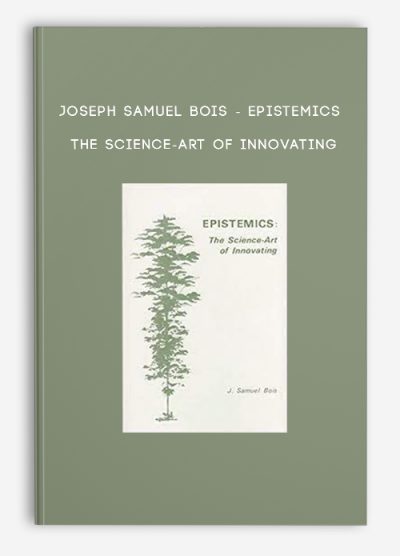

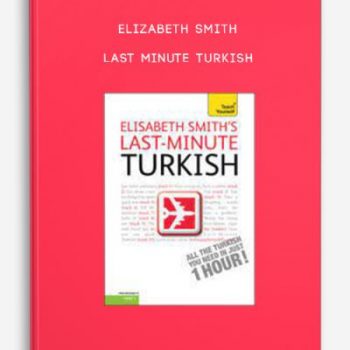
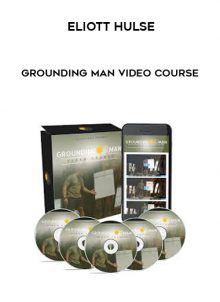
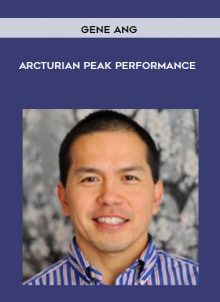

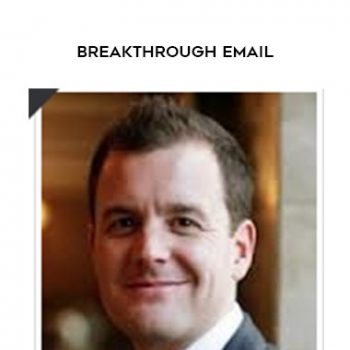
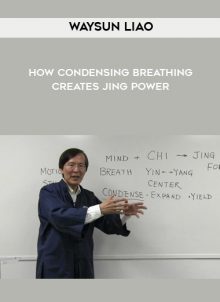

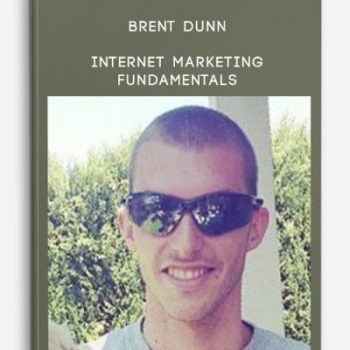
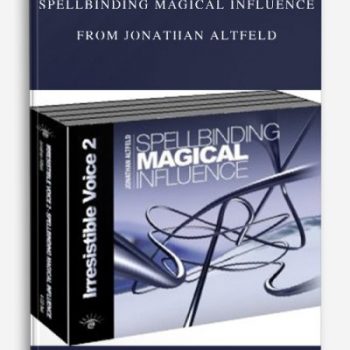
Lord –
This is Digital Download service, the course is available at Vincourse.com and Email download delivery.